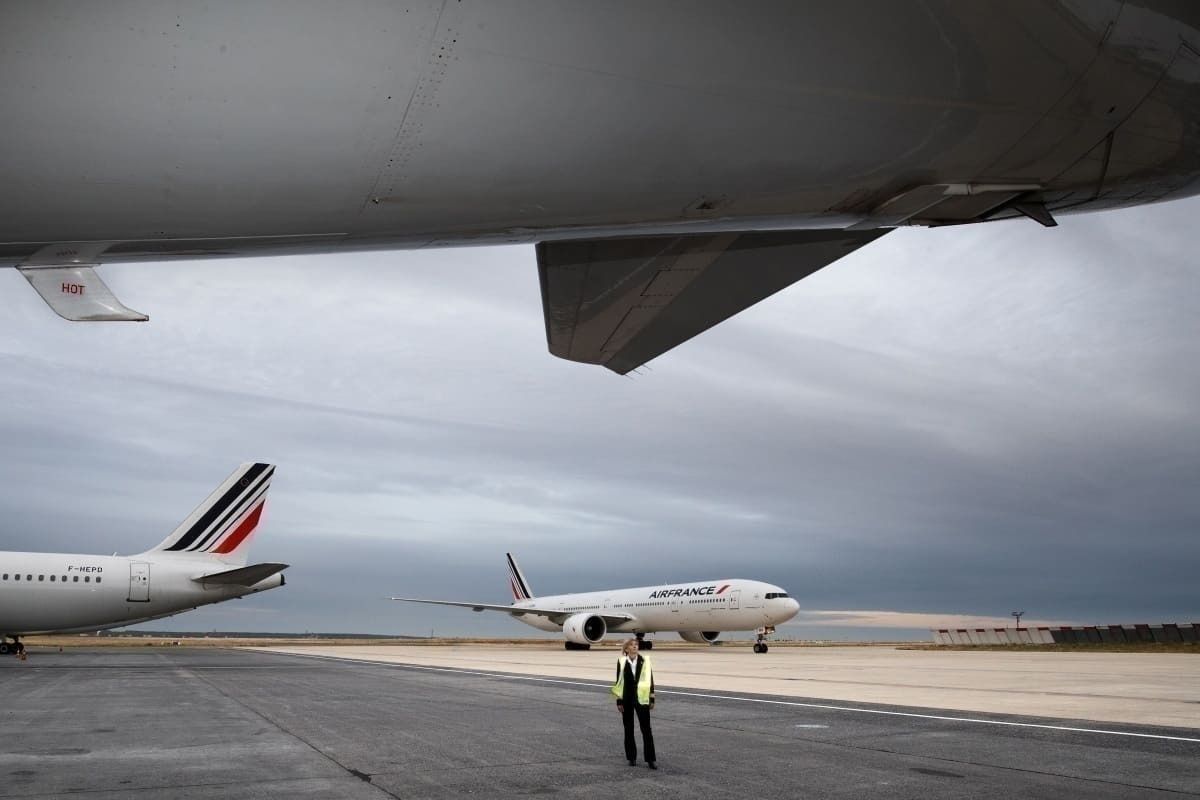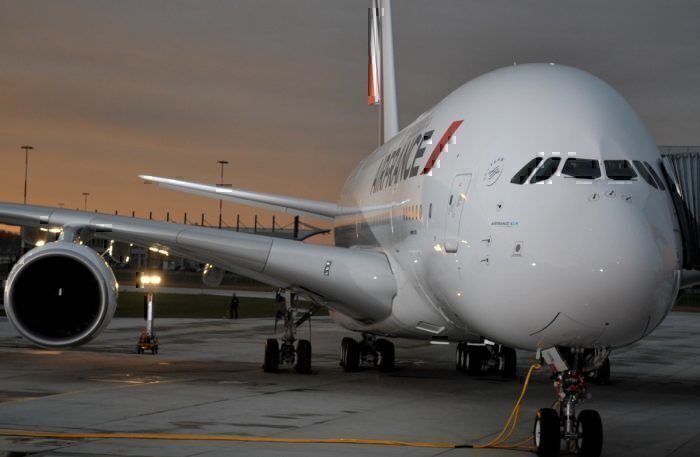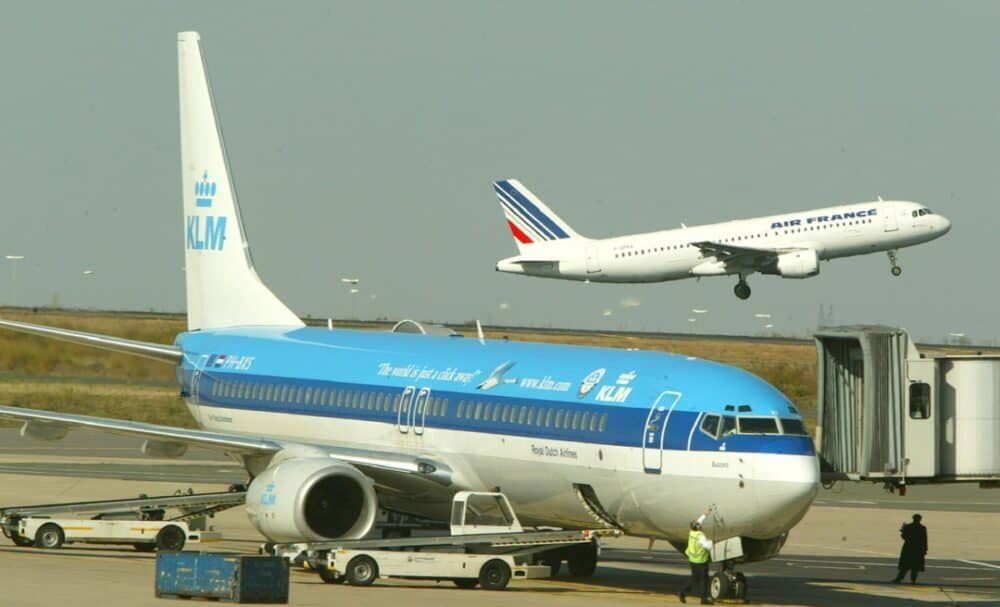On Monday morning, the European Commission signed off on €7 billion ($7.7 billion) in aid from the French government to Air France to cushion the worst of the blow from the corona-crisis. A mix of bank and shareholder loans will now provide the carrier with desperately needed liquidity.
The bureaucratic forces have signed off
The French branch of Air France-KLM can exhale for a moment. On Monday, May the 4th, the bureaucratic forces of the European Commission announced it had approved the €7 billion bailout supported by the French government.
The aid measures consist of a state guarantee on loans from a group of banks, and a shareholder loan to the company from the French state, which owns 14.3% of Air France-KLM. While already agreed upon by the carrier, the banks, and the government ten days prior, the loan needed Commission approval as the state is guaranteeing 90% of it.
"The aviation industry is important in terms of jobs and connectivity. In the context of the coronavirus outbreak, Air France has also been playing an essential role in the repatriation of citizens and for the transport of medical equipment. This (...) will provide Air France with the liquidity that it urgently needs to withstand the impact of the coronavirus outbreak," Commission Executive Vice-President Margrethe Vestager, in charge of competition policy said in a statement.
Conditions and KLM
The bailout does, as previously reported, not come without conditions. Stipulations include being a "good customer" for European plane manufacturer Airbus. They also require Air France to scrap short-haul domestic routes where there is a train connection available under 2 1/2 hours, to help cut carbon emissions.
According to Bloomberg, the Netherlands is still deciding on the final details and amount for its support to KLM. Still, it has said it would land somewhere between €2 billion ($2.2 billion) and €4 billion ($4.4 billion).
These sources of funding can only be used to support each airline separately. It remains to be seen what this can come to mean for the future relationship of the two carriers. This is particularly as the French government will now gain more of a say in Air France, and it was already upset with the Netherlands matching its stake in Air France-KLM in January 2019.
Why does the Commission need a say?
The amount and structure of the bailout were previously agreed upon by a conglomerate of six French and international banks, along with the government of France. However, as France is in the EU, the European Commission still needed to put its stamp of approval on it before the airline would be allowed to receive the funds.
In general, state-aid is prohibited in the EU. Except for within a few sectors such as agriculture, employment, and environment. This is to ensure a level playing field for all companies on the internal market. However, on March the 19th, just as the pandemic was taking hold, the EU adopted a State Aid Temporary Framework, allowing for an easing of restrictions.
This temporary regulation still requires that the Commission sign off on any loan where the state is guaranteeing over 70% of the amount. Loans provided without EU regulatory review may also not exceed €4 billion ($4.4 billion,) and the guarantee cannot last longer than up to six years.
Do you think we will see a KLM bailout as well before the end of the week? Should aid at this time be slowed down by the decision making process of the European Commission? Let us know your thoughts in the comments.



